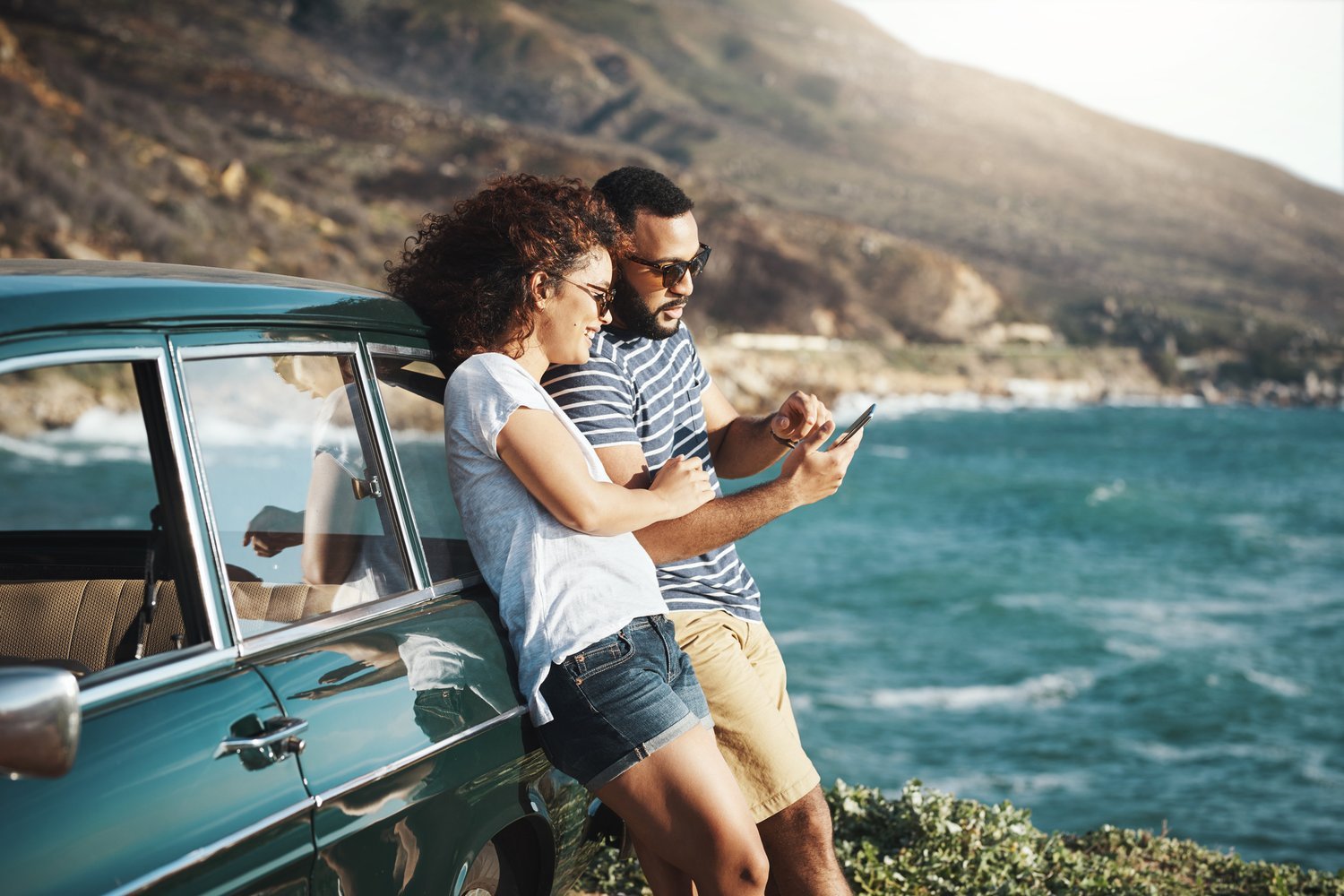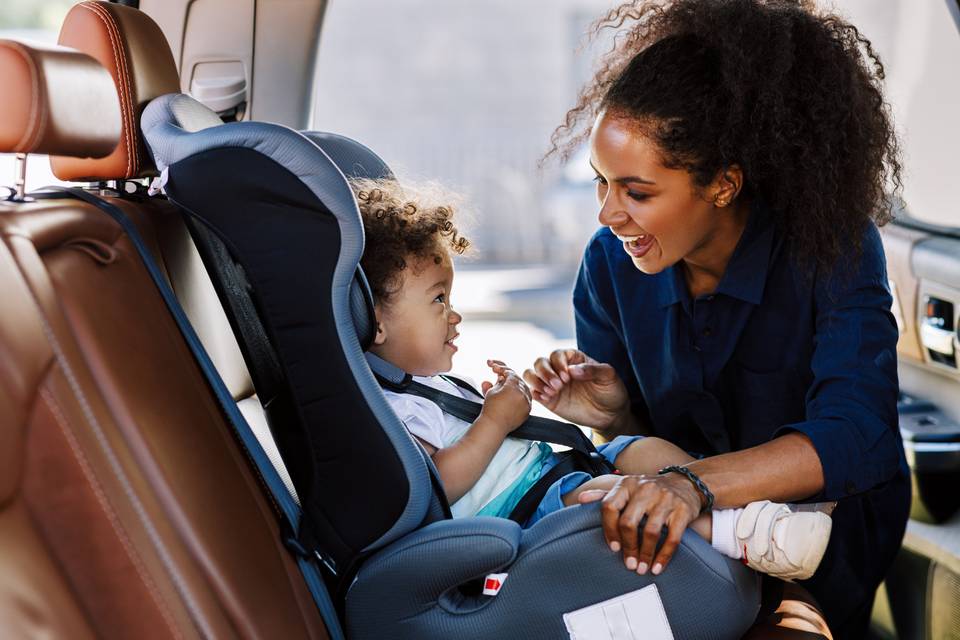Storing items in your car is a delicate balance: you probably don’t want to keep absolutely everything possible in there and take up all the cargo space (or legroom or passenger seats…), but you also don’t want to be SOL in the event of an emergency. So besides the obvious insurance card, what actually is important to keep in your car?
We’ve put together a few lists for whatever scenario you might find yourself in, from emergencies to road trips to safeguarding your new teen driver, we’ve got you covered.
What you need for:
1. Safety and Survival
Our list for what to keep in your car for safety and survival purposes is the longest because it’s obviously the most important. It’s probably not super realistic for the majority of drivers to fear getting stranded in some remote area or to have to deal with a broken-down car by yourself, but these scenarios do happen. No matter how carefully you drive, each year we all have a one-in-three chance of experiencing a roadside issue like a flat tire or a dead car battery. And if you’re the type of driver who wants to make sure you’re as prepared as you can be for any situation, we’ve got you covered. Consider packing the following emergency essentials:
- Cell phone and charger
- Jumper cables
- Flares or reflective triangles
- Warm blanket
- Drinking water
- Flashlight
- First aid kit
- Tool kit (with a wrench, hammer, and pliers at least)
- Utility knife
- Tire pressure gauge
- Safety hammer with a seatbelt cutter
- Duct tape and electrical tape (so you can temporarily fix small leaks)
- Small bottles of engine oil, washer fluid, and antifreeze
- Battery-powered radio (or a wind-up)
- Rope or chain for towing
- Tire repair kit
- Non-perishable food: energy bars are a good choice
- Fire extinguisher
- Paper maps
It’s easy to consider many of the above items alarmist, or unnecessary most of the time, but when you really need a fire extinguisher or a seat belt cutter, nothing else will do.
2. Road Trips
Music often tops the road trip list “must-haves,” but for rides where the journey is half the fun, other essential items can really make or break the experience:
- Load up your phone with some seriously fun activities (that passengers – not the driver! – can operate). We particularly love: MadLibs and MSQRD Live Filters and Face Swap for Video Selfies
- Snacks (editorial favorite: sour gummy worms, pretzel rods, and trail mix IF there’s chocolate involved)
- Drinks (in a cooler with longtail chilling capabilities like Yeti or an insulated bag)
- Trash bags (grocery bags suffice for small amounts – you can even put them in plastic cereal containers for easy bins)
- Pillows and blankets for comfort or naps! (or sleeping bags for a more dirt-resistant material)
We’ve got more advice for planning the perfect road trip here.
3. Traveling with Kids
Some kids get car sick every time they travel, and others ask, “Are we there yet?” 500 times per trip. Some tricks that can help frazzled parents and caregivers, no matter how long the drive:
- Cleaning supplies: paper towels, wipes, cleaning spray, and trash bags
- Age-specific necessities (bottles, diapers, etc.)
- Toys, books, and other activities (putting toys into small bags or boxes can make even familiar toys seem like a present)
- Portable, easy-to-eat snacks and water or juice
- Music just for the kids
- Games that involve looking out the window and counting or waiting to see something (the rarer the object, like a blue billboard vs. just a billboard, the more quiet you might have… if that’s what you’re going for)



